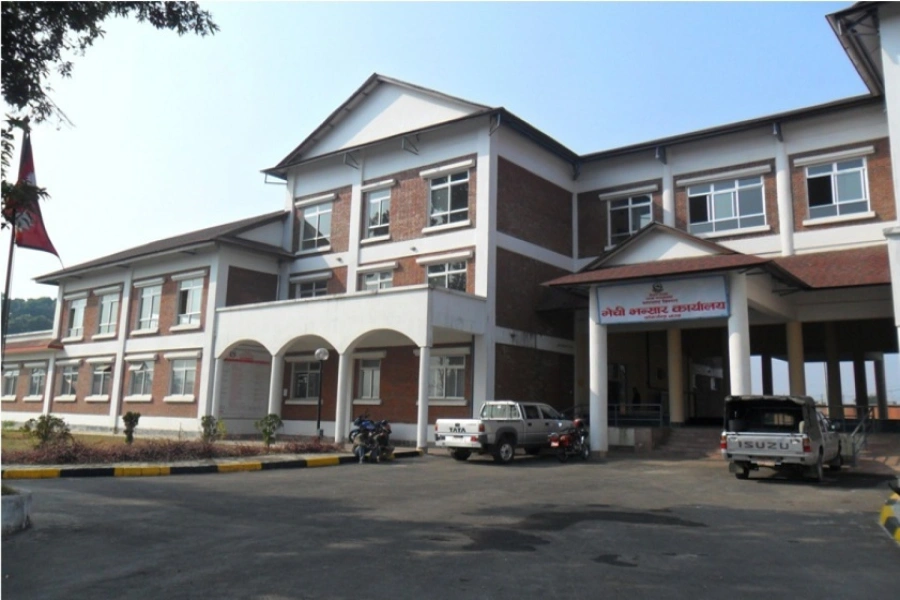KATHMANDU, Aug 15: Parliament’s Finance Committee on Tuesday issued directions to the government to take the lead in solving the chronic problem of multiple taxation by the three tiers of government, as well as the exorbitant hike in tax rates.
The committee has stated that multiple taxing of the same economic activity by the different tiers of governments overlooks the sheer inability of citizens to pay those taxes.
The direction has come amid panic among the public and the business community over the multiple taxation and high rates of tax.
Desperate search for missing girls as nearly 80 dead in Texas f...

The committee had discussed the matter in two rounds of meetings with Finance Minister Yuba Raj Khatiwada and Finance Ministry officials as well as officials of the Prime Minister’s Office, the National Natural Resources and Fiscal Commission and the National Planning Commission, on Sunday and Tuesday.
The committee has also asked the government to do a study of the matter as well as make arrangements for immediate revisions in the tax policies, laws and bylaws.
The new tax rates by governments at the central, provincial and local levels came into effect with the new fiscal year. The parliamentary committee has also said that it will continue with discussions on the matter.
Meanwhile, the committee has asked the government to start making appointments to the constitutional bodies, including the National Natural Resources and Fiscal Commission. The commission came into operation in December but its commissioners have not yet been appointed. The commission is to advise the government on revenue distribution as well as budget allocation to all three tiers of government through four types of grants.
The committee has also asked the government to give the inter-governmental fiscal council full shape. The council coordinates fiscal arrangements among the three government tiers, as per the Intergovernmental Fiscal Arrangement Act, 2074.
The council is chaired by the finance minister and includes a total of 14 members (mayors and deputy mayors or chairmen or vice chairmen of rural municipalities), including at least two from each province.







































